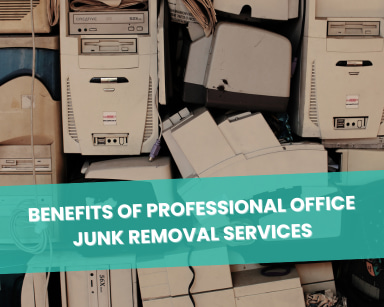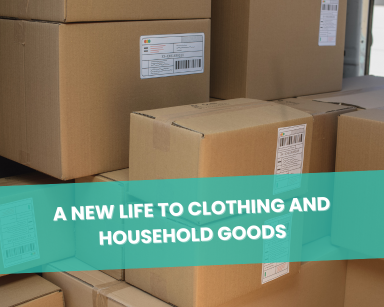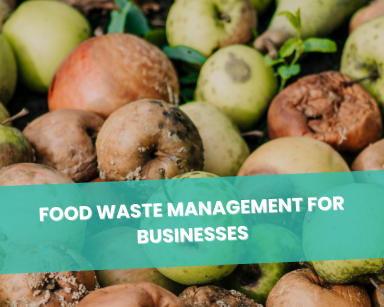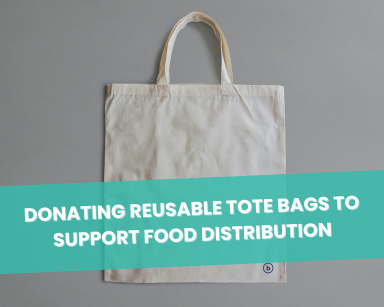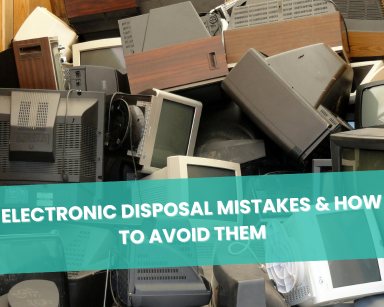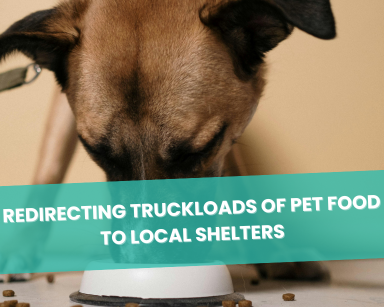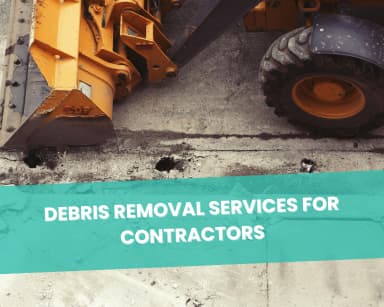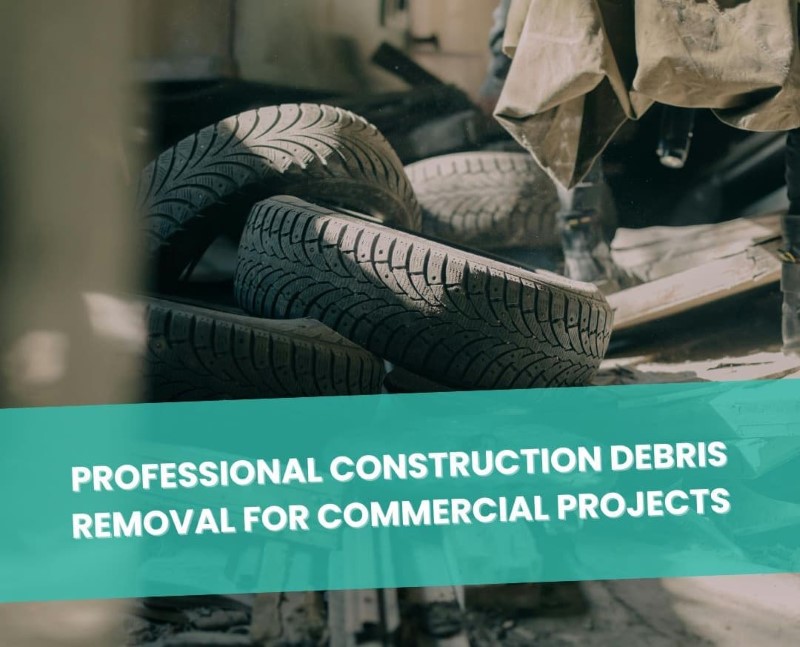Shelved Products and Social Causes: Connecting the Dots
In the echoing corridors of global warehouses, countless products lie forgotten, their potential silenced. These are not mere objects but symbols of innovation, hard work, and opportunities lost. But what if these discarded dreams could be reawakened? In a world desperate for sustainability, the idea of Beneficial Reuse shines like a guiding star.
It’s a concept that moves beyond the urge to liquidate Amazon inventory, envisioning a world where nothing goes to waste. What if we could bridge the vast gap between commercial surplus and community needs?
Table of Contents
The Crisis of Unwanted Inventory
Imagine a world drowning in excess products. Retailers’ back rooms bursting, e-commerce warehouses overflowing. This isn’t a futuristic dystopia, it’s today’s reality.
The environmental impact of surplus inventory, particularly those items destined for recycling, incineration, or landfill, is alarming.
The Global Cost of Excess
When we talk about excess inventory, there’s a quantifiable cost attached to it. Globally, businesses lose approximately $1.1 trillion every year due to overstocked or unsold goods.
This staggering number isn’t just a financial loss, it translates to resources misused, energy wasted, and opportunity costs missed.
Understanding Beneficial Reuse: A Solution for Our Times
Beneficial reuse isn’t just another buzzword. It’s a transformative approach where undesirable items get a new lease on life. Instead of being discarded, they’re rerouted and repurposed.
It’s about shifting from a take-make-waste model to a circular economy where resources get a second chance. Just ponder on this – for every product repurposed, there’s one less item contributing to environmental degradation.
The Environmental Footprint of Discard
Every year, nearly 5 billion pounds of products end up in landfills. That’s roughly equivalent to the weight of 18,000 Boeing 747s! These aren’t merely discarded items. They represent valuable resources – water, energy, raw materials that were used to produce them.
Embracing beneficial reuse can significantly minimize this burden, showcasing businesses’ genuine commitment to our planet.
The Happen Ventures Difference
Happen Ventures isn’t a mere participant in this movement, we’re leading the charge. With more than 50,000 truckloads diverted from waste, we’ve showcased what’s possible.
Our process? Identifying surplus items, matching them with communities in need, and ensuring a digital trail for all compliance and tax benefits. And let’s be clear, we focus on new, unsold items, ensuring a high standard of goods being repurposed.
From Linear to Circular: The Evolution of Consumption
Historically, our consumption patterns were linear – we produce, use, and dispose of. But beneficial reuse promotes a circular model where products re-enter the consumption cycle, getting a second, third, or even multiple lives.
Such a model ensures that resources are maximized while the environmental footprint is minimized.
Why Beneficial Reuse Matters: The Larger Picture
Beyond the obvious environmental benefits, there’s a broader story. Companies adopting beneficial reuse don’t just “do good”, they “do well.”
For instance, firms can improve their ESG scores, a metric reflecting a company’s environmental, social, and governance performance. With consumers increasingly valuing sustainability, a strong ESG can set a company apart.
A Snapshot of ESG
Today, 85% of S&P 500 companies regularly publish sustainability reports, indicating the mounting importance of environmental, social, and governance parameters.
By aligning with beneficial reuse, businesses can significantly elevate their ESG standings, making them more appealing to conscious investors and consumers.
Amazon’s Liquidation Woes and the Promise of Beneficial Reuse
Consider the e-commerce giant, Amazon. With a gargantuan inventory system, what happens when products don’t sell? Often, the choice is to liquidate Amazon’s inventory.
But is there a better way? Beneficial reuse offers a sustainable, impactful alternative. It’s not just about clearing out stock. It’s about making sure unsold products find meaning and purpose.
Shelved Products Meeting Social Needs
Surplus doesn’t always imply waste. Think about the communities struggling to access basic necessities. The very same shelved products could bridge this chasm.
Donating these surplus items can be transformative for marginalized communities. It’s more than just material help, it’s about social upliftment and empowerment.
Community Chronicles: Stories of Impact
Beneficial reuse isn’t just a business strategy, it’s a narrative of change. In recent times, over 10,000 families received essential items they wouldn’t have accessed otherwise, thanks to redistributed goods. Each product that finds a new home is a story of need met, a life improved.
Making Beneficial Reuse Your Business Strategy
Brands, retailers, and manufacturers, listen up! Incorporating beneficial reuse doesn’t just add a feather to your cap, it can reshape your entire business ethos. By embracing this approach, not only do you minimize waste, but you also enhance your brand’s public image and integrity.
Wrapping up
The modern business landscape calls for a synergy of profitability and sustainability. Beneficial reuse sits at this intersection. It’s a call for businesses to see beyond short-term gains, recognizing the long-term impact of their choices.
As leaders in this space, Happen Ventures presents a vision where business meets purpose, and surplus inventory finds its rightful place in needy hands.

